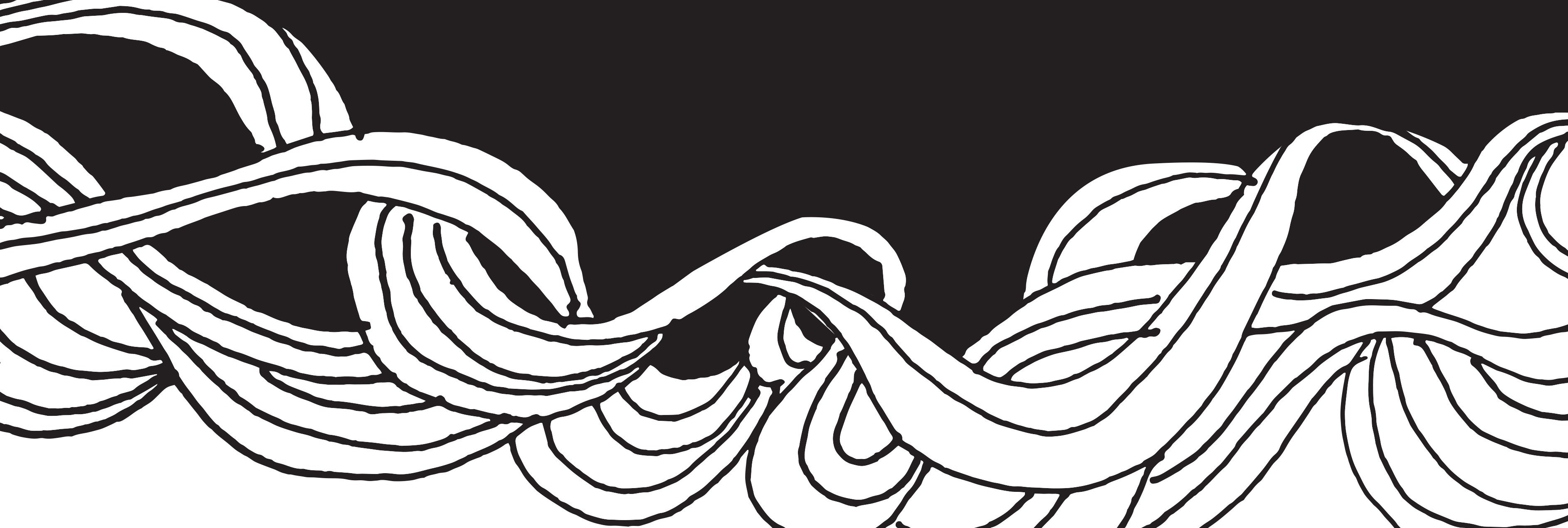Language, and race, subsequently, often serve as a source of comfort and community amongst others in a new environment. It can be witnessed within universities, as foreign students tend to commemorate their college experience amongst those who they deem they are most similar to by virtue of a common language. It can also be witnessed in the happenings of everyday life: humans tend to form social groups around people and entities that they deem similar to their culture and to their ideals. Nonetheless, when race and languages intersect amongst the general public, through means of curiosity of the culture, or simply being born into a household that speaks a different tongue, they create a source of confusion. For example, there may be an individual who is fascinated with another culture and immerses him or herself into the culture by learning the language, but they simply do not look the part, defying the stereotype. The following parable displays the common meeting ground for a sect of Arabic people in Los Angeles and the subsequent interactions that ensued as a result of commonality in language.
Urth Caffé operates under the guise of providing coffee, beverages, and various delectable indulgences by carefully and mindfully curating premium ingredients. In other words, the caffé prides itself on serving a premium product and experience, but for a premium price as well. As such, the Saudi Arabian and Emirati people relish in indulging themselves with a premium experience, and the Melrose location serves as their source of comfort in a foreign space. In their home countries, cafés are strewn throughout the streets, serving as places of social gathering, refueling, or simply to people watch. The Urth location on Melrose, thus, provides them with an analogous social situation that is otherwise amiss in the American culture of speed and convenience. Nevertheless, as I am a first generation American of Middle Eastern descent (Lebanese, if you’re keen), I am profoundly fascinated with my culture and have a desire to understand how similar or different I am from different sects of this diverse culture. My first language was also Arabic. In the Lebanese stratum of Arabic culture, many individuals have a pale complexion that can easily be mistaken for Caucasian, or other ethnicities, but once a few words are uttered, the Arabic language and accent gives away our identities quite easily. But raised as an American, those who do not witness this hint of ethnic flair would be none the wiser.
I had been cruising down Melrose Avenue, as many college students who have nothing better to do in West Los Angeles on a weekday, and encountered a horde of people engulfing an otherwise tiny Urth Caffé location. I had witnessed a gaudy (quite frankly) gold-wrapped Range Rover in one of the two parking spots and knew that I had to go there and investigate the location. My friend and I, also an Arabic speaker, promptly sought public parking and traversed towards the caffé. As we had come closer, I had begun to notice various distinct qualities that I knew could only be attributed to Middle Eastern people. Once we had reached the line, which was quite long, we began to notice that nearly everybody at the caffé had been speaking Arabic, a language both my friend and I were very familiar with. Rather than breaking our cover, we began to smile and continue speaking in English. But, I felt as though that we had to make our presence known; we were all alike in that we spoke a common language, despite my friend and I’s physical makeup and dress differentiating us. To coax the group in front of us to move forward, as they had barely been paying attention, I told them to move forward, as we were all lagging behind because of their inattentiveness in Arabic. My friend remarked in agreement. The Arabic crowd there were gob smacked; for a second or two, one could literally hear a pin drop. Once they had processed the message and realized that I spoke akin to the accent of a native (with a Lebanese dialect), I gave them a smile and pulled out my hand for a handshake, and they reciprocated with laughter and genuine curiosity. Unlike race, or one’s physical makeup, the existence of a familiar accent led to them encoding and processing the situation more robustly, giving the group an incredibly stout cue that I belonged to the same group, despite my various physical differences. Naturally, we had a short conversation in Arabic whilst waiting for our coffee and treats, and once I had grabbed onto my cup, we said our goodbyes and looked at each other with fondness, rather than ambiguity.




Leave a Reply